Home>diy>Building & Construction>How To Calculate Property Tax On New Construction
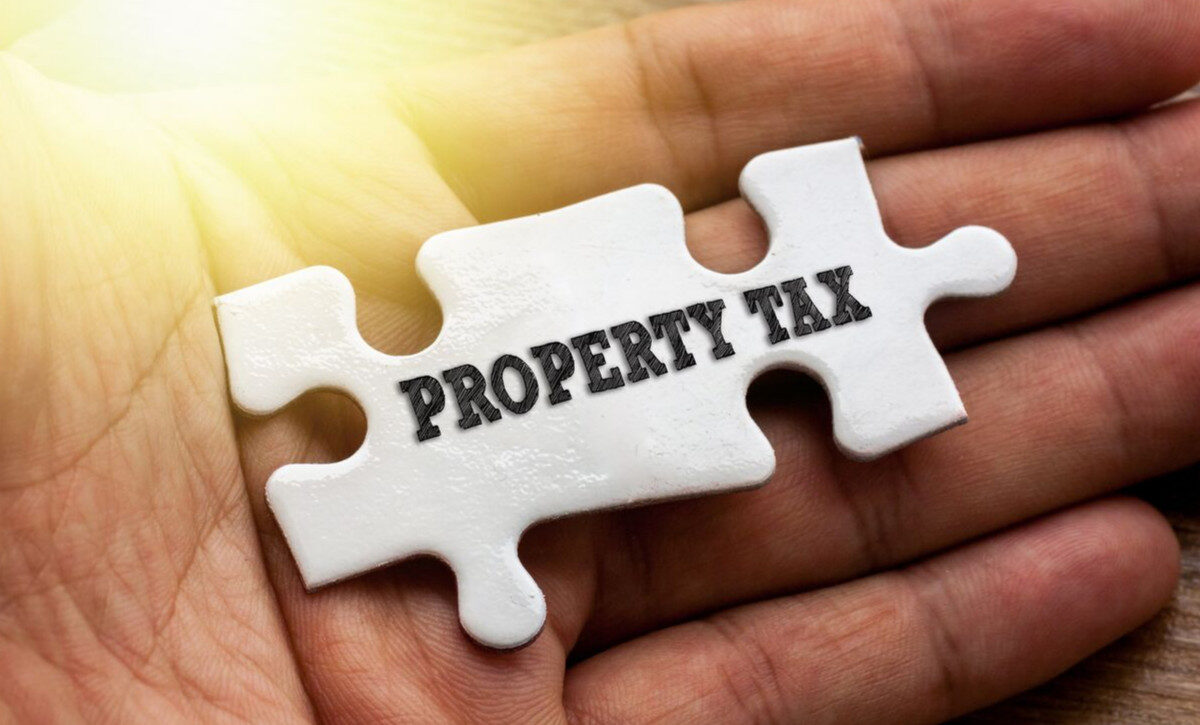

Building & Construction
How To Calculate Property Tax On New Construction
Modified: December 7, 2023
Learn how to calculate property tax on new construction projects. Get insights into the tax assessment process for building construction. Start planning your budget today!
(Many of the links in this article redirect to a specific reviewed product. Your purchase of these products through affiliate links helps to generate commission for Storables.com, at no extra cost. Learn more)
Introduction
Welcome to the world of construction! Whether you’re a homeowner or a developer, building a new property is an exciting venture. However, amidst the excitement, it’s essential to understand the financial obligations that come with owning a new construction property, particularly property taxes.
Property tax is a recurring expense that homeowners and property owners must pay to the government. It is calculated based on the assessed value of the property and helps fund public services such as schools, roads, and infrastructure. In the case of new construction, calculating property taxes can be slightly different compared to existing properties.
In this article, we will walk you through the process of calculating property tax on new construction. We will provide you with the necessary steps to determine the assessed value of your property, calculate the tax rate, and ultimately calculate the property tax amount. Additionally, we will discuss the various factors that can affect the property tax on new construction.
By understanding this information, you will be equipped to financially plan for the ownership of your new construction property. So, let’s dive in and explore how to calculate property tax on new construction!
Key Takeaways:
- Understanding property tax on new construction involves assessing the property’s value, determining the tax rate, and calculating the annual tax amount. Stay informed about local regulations and factors that can impact your property tax liability.
- Factors such as assessed value, location, local tax policies, property type, and exemptions can influence property tax on new construction. Consult with local tax authorities for accurate calculations and plan for this recurring expense in your budget.
Understanding Property Tax on New Construction
Before we delve into the calculation process, let’s take a moment to understand the concept of property tax on new construction. Property tax is a form of tax levied on real estate by the government. It is typically a percentage of the assessed value of the property and is collected annually or semi-annually.
When it comes to new construction, the assessed value may be determined differently compared to existing properties. Assessing the value of a new construction property involves considering factors such as the cost of land, the construction cost, and other added features or improvements. The assessed value is typically calculated by the local government or assessment authority.
It’s important to note that property tax on new construction might not be applicable until the property is deemed complete and ready for occupancy. However, this may vary depending on local regulations and tax laws. Once the property is assessed and determined to be complete, the property tax process begins.
Generally, property tax on new construction is subject to the same tax rates as existing properties within the same jurisdiction. However, there may be instances where new construction properties are subject to different tax rates, so it’s crucial to check with your local tax authorities for accurate information.
Understanding the basics of property tax on new construction will help you navigate the calculation process effectively. Now, let’s move on to the steps involved in calculating property tax on new construction.
Steps to Calculate Property Tax on New Construction
Calculating property tax on new construction involves several steps. By following these steps, you can determine the amount you will owe in property taxes. Let’s take a closer look at each of these steps:
- Determine the Assessed Value of the Property: The assessed value is the value assigned to your property by the local government for tax purposes. To determine the assessed value of your new construction property, the local assessment authority will typically consider factors such as the cost of land, construction expenses, and any additional improvements. This value may differ from the market value of the property.
- Determine the Tax Rate: The tax rate is a percentage applied to the assessed value of the property to calculate the property tax amount. The tax rate can vary based on the jurisdiction in which the property is located. It is important to check with your local tax authorities to obtain the accurate tax rate for your new construction property.
- Calculate the Property Tax Amount: Once you have the assessed value and the tax rate, you can calculate the property tax amount. To do this, multiply the assessed value of the property by the tax rate in decimal form (e.g., if the tax rate is 2%, use 0.02). The result will be the annual property tax amount.
It’s important to note that property tax calculations may vary depending on the local regulations and laws. Some jurisdictions may have additional factors or exemptions that can impact the final tax amount. Therefore, it’s always a good idea to consult with your local tax authorities or seek professional advice to ensure accurate calculations.
By following these steps, you can estimate the property tax amount you will owe on your new construction property. It’s crucial to budget for property taxes as they are an ongoing expense that must be considered in your financial planning.
Now that we have covered the steps involved in calculating property tax on new construction, let’s explore some of the factors that can affect the property tax on your property.
Determine the Assessed Value of the Property
The assessed value of a property is a crucial factor in calculating property tax on new construction. It is the value assigned to the property by the local government or assessment authority for tax purposes. The assessed value takes into account various factors, including the cost of the land, construction expenses, and any additional improvements made to the property.
When determining the assessed value of a new construction property, the assessment authority may consider the following:
- Cost of Land: The value of the land on which the property is built plays a significant role in determining the assessed value. Factors such as location, size, and market conditions can influence the valuation of the land.
- Construction Expenses: The cost of constructing the property, including materials, labor, and any professional fees incurred, is also taken into account. The assessment authority may review construction documents and invoices to establish the total construction expenses.
- Additional Improvements: Any additional improvements made to the property, such as landscaping, swimming pools, or enhancements to the interior, may also be considered in the assessed value. These improvements can increase the overall value of the property and subsequently impact the property tax calculation.
It’s important to note that the assessed value may not necessarily be the same as the market value of the property. Assessors use specific assessment methods and formulas to determine the assessed value, which may differ from market fluctuations and property sales.
In some cases, property tax assessments are conducted periodically, and the assessed value may be adjusted accordingly. This reassessment usually occurs every few years or when significant changes to the property occur.
It’s essential to understand how the assessed value of your new construction property is determined in your jurisdiction. Consult with the local assessment authority or tax office to gain clarity on the specific factors and methods used to assess the value of properties in your area.
With a clear understanding of how the assessed value is determined, you can proceed to the next step in calculating property tax on new construction: determining the tax rate.
When calculating property tax on new construction, consider the assessed value of the property, the millage rate set by the local government, and any applicable exemptions or deductions. Consult with your local tax assessor’s office for specific guidance.
Determine the Tax Rate
After determining the assessed value of your new construction property, the next step in calculating property tax is to determine the tax rate. The tax rate is a percentage applied to the assessed value to calculate the property tax amount.
The tax rate can vary based on the jurisdiction in which the property is located. It is set by the local government or tax authority and is typically expressed as a decimal or a percentage.
There are several factors that can influence the tax rate:
- Local Government Budget: The tax rate is often determined based on the budgetary needs of the local government. They consider expenses for public services, such as schools, roads, emergency services, and community programs. The tax revenue collected from property taxes helps fund these services.
- Property Tax Revenue Target: The local government may establish a target amount of revenue they aim to collect from property taxes. They then determine the tax rate that is required to meet this target based on the collective assessed values of all properties in the jurisdiction.
- Economic Factors: Economic conditions can also impact the tax rate. If an area is experiencing economic growth, the tax rate may be adjusted to accommodate the increased demand for public services and infrastructure improvements.
- Jurisdiction Policies: Each jurisdiction may have its own policies and regulations that influence property tax rates. These policies can vary based on factors such as property type (residential, commercial, industrial), property location, and tax exemptions or deductions available.
To determine the specific tax rate for your new construction property, you should consult the local tax office or government website. They will provide you with the accurate tax rate applicable to your jurisdiction.
It’s worth noting that tax rates may be subject to change over time due to shifts in local regulations or economic conditions. It’s essential to stay informed about any updates or changes that may affect the tax rate on your property.
Once you have determined the tax rate, you are now ready for the final step in calculating property tax on new construction: calculating the property tax amount.
Read more: How Are Taxes Assessed On New Construction
Calculate the Property Tax Amount
Now that you have the assessed value of your new construction property and the tax rate, you can proceed to calculate the property tax amount. This step involves multiplying the assessed value by the tax rate to determine the annual property tax amount.
Here’s how you can calculate the property tax amount:
Step 1: Convert the tax rate to decimal form. For example, if the tax rate is 2%, you would convert it to 0.02.
Step 2: Multiply the assessed value of the property by the tax rate in decimal form. The result is the annual property tax amount. For example, if the assessed value is $500,000 and the tax rate is 0.02, the calculation would be: $500,000 x 0.02 = $10,000.
The annual property tax amount represents the total tax you would owe for one year. Depending on local regulations, property taxes may be paid annually or in installments throughout the year.
Keep in mind that this calculation provides an estimate of your property tax amount. It’s essential to consult with your local tax authority to obtain the exact calculation based on the assessed value and tax rate specific to your jurisdiction.
It’s also important to note that property tax amounts may be subject to adjustments or additional fees based on local regulations. Some jurisdictions may have special assessments or levies that can impact the final tax amount. Ensure that you are aware of any additional charges that may apply to your property.
Now that you have calculated the property tax amount, it’s crucial to consider the various factors that can affect the property tax on your new construction property.
Factors that Affect Property Tax on New Construction
Several factors can influence the property tax on new construction. It’s important to understand these factors as they may impact the amount you owe in property taxes each year. Let’s explore some of the key factors:
- Assessed Value: The assessed value of the property directly affects the property tax amount. If the assessed value increases, your property tax will likely increase as well. Factors such as property upgrades, renovations, or changes in the market value of your property can affect the assessed value.
- Location: The location of your new construction property plays a significant role in determining the property tax amount. Different jurisdictions may have varying tax rates, and some areas may have additional taxes or assessments specific to that location. Areas with high demand, desirable amenities, or proximity to city centers may have higher property tax rates.
- Local Tax Policies: Each jurisdiction has its own tax policies that can impact property tax on new construction. These policies may include exemptions, deductions, or special assessment districts. For example, there may be tax incentives for certain types of developments or tax breaks for energy-efficient construction.
- Property Type: The type of property you have constructed can also affect the property tax. Residential properties, commercial buildings, and industrial properties may have different tax rates and assessments based on their usage and potential value.
- Exemptions and Deductions: Some jurisdictions provide exemptions or deductions that can lower the property tax on new construction. These exemptions may be available for certain groups, such as veterans or senior citizens, or for specific purposes, such as agricultural land or historic preservation. It’s important to research and determine if you qualify for any applicable exemptions or deductions.
It’s crucial to stay informed about these factors and how they may impact your property tax liability. Consulting with your local tax authority or a tax professional can provide valuable insights into the specific factors that affect property tax on new construction in your area.
By understanding the factors and staying up-to-date with any changes or updates in local tax regulations, you can effectively plan and budget for your property tax obligations. This knowledge will enable you to make informed decisions regarding your new construction project and the ongoing costs associated with owning the property.
Let’s conclude our discussion by summarizing the key points we have covered.
Conclusion
Calculating property tax on new construction is an essential step in understanding the financial obligations that come with owning a property. By following the steps outlined in this article, you can determine the assessed value of your property, identify the tax rate, and calculate the property tax amount.
Remember, the assessed value of your new construction property is determined by considering factors such as land cost, construction expenses, and any additional improvements. The tax rate, set by the local government or tax authority, is applied to the assessed value to determine the property tax amount.
Factors such as location, local tax policies, property type, and exemptions can affect the property tax on new construction. It’s important to stay informed about these factors and any changes in local tax regulations that may impact your tax liability.
Consulting with your local tax authority or a tax professional can provide valuable guidance and ensure accurate calculations specific to your jurisdiction. They can also help you identify any exemptions or deductions that may lower your property tax liability.
By understanding and planning for property tax on new construction, you can effectively budget for this recurring expense and avoid any financial surprises. Property tax plays a crucial role in funding public services and maintaining the infrastructure of your community.
As you embark on your new construction journey, keep these property tax considerations in mind. By being proactive and well-informed, you can navigate the world of property taxes and enjoy the benefits of your new construction property for years to come.
Frequently Asked Questions about How To Calculate Property Tax On New Construction
Was this page helpful?
At Storables.com, we guarantee accurate and reliable information. Our content, validated by Expert Board Contributors, is crafted following stringent Editorial Policies. We're committed to providing you with well-researched, expert-backed insights for all your informational needs.

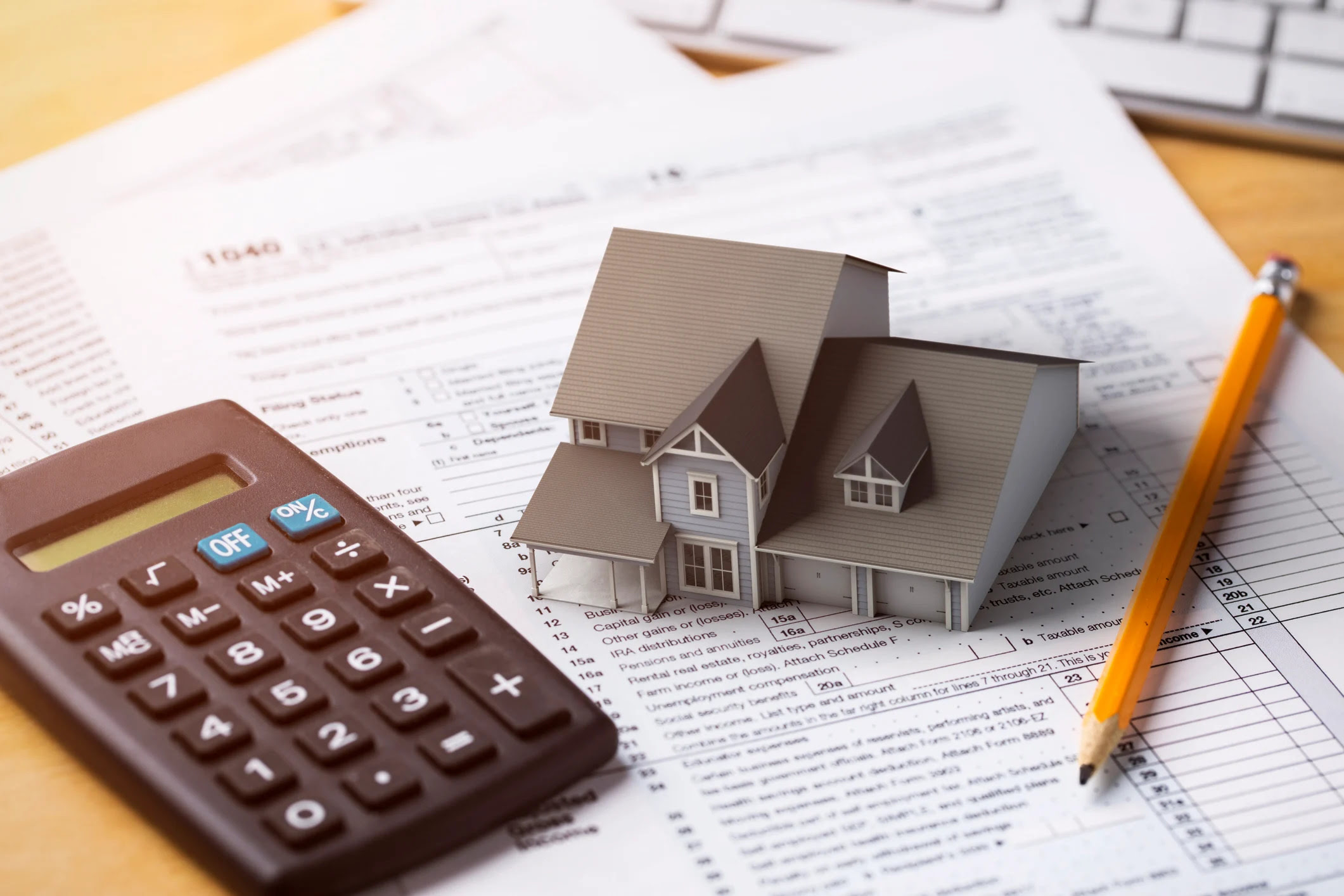

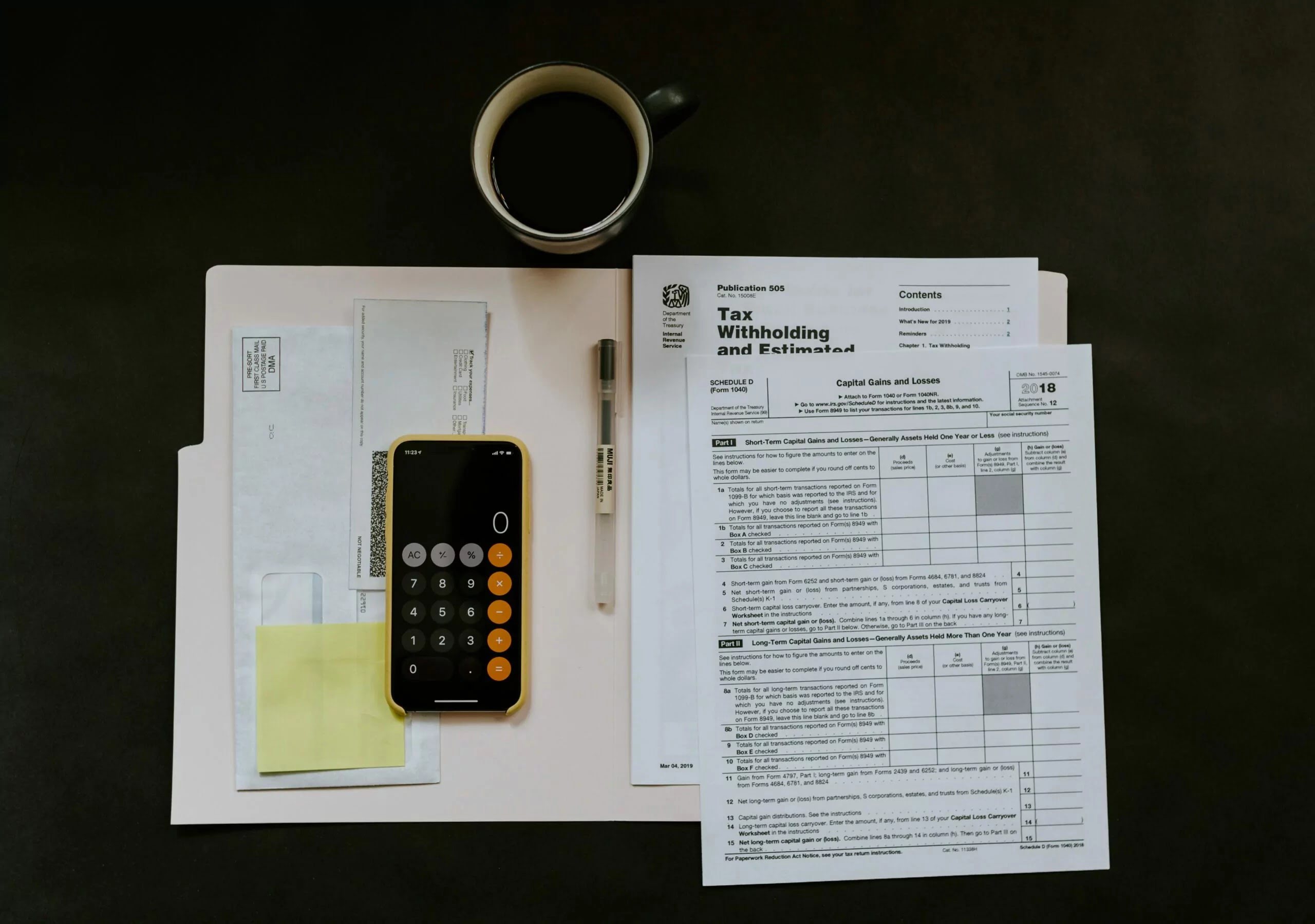
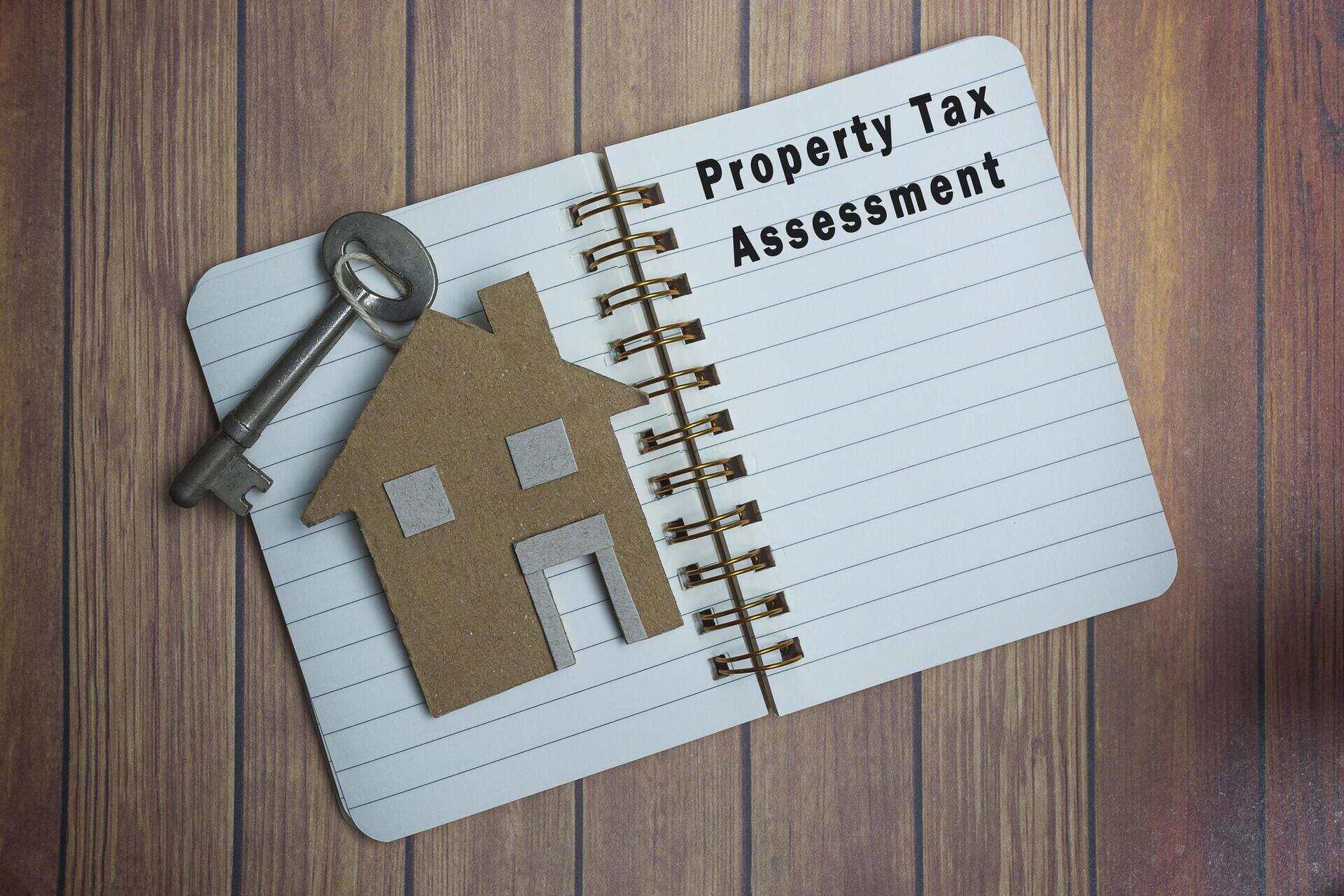
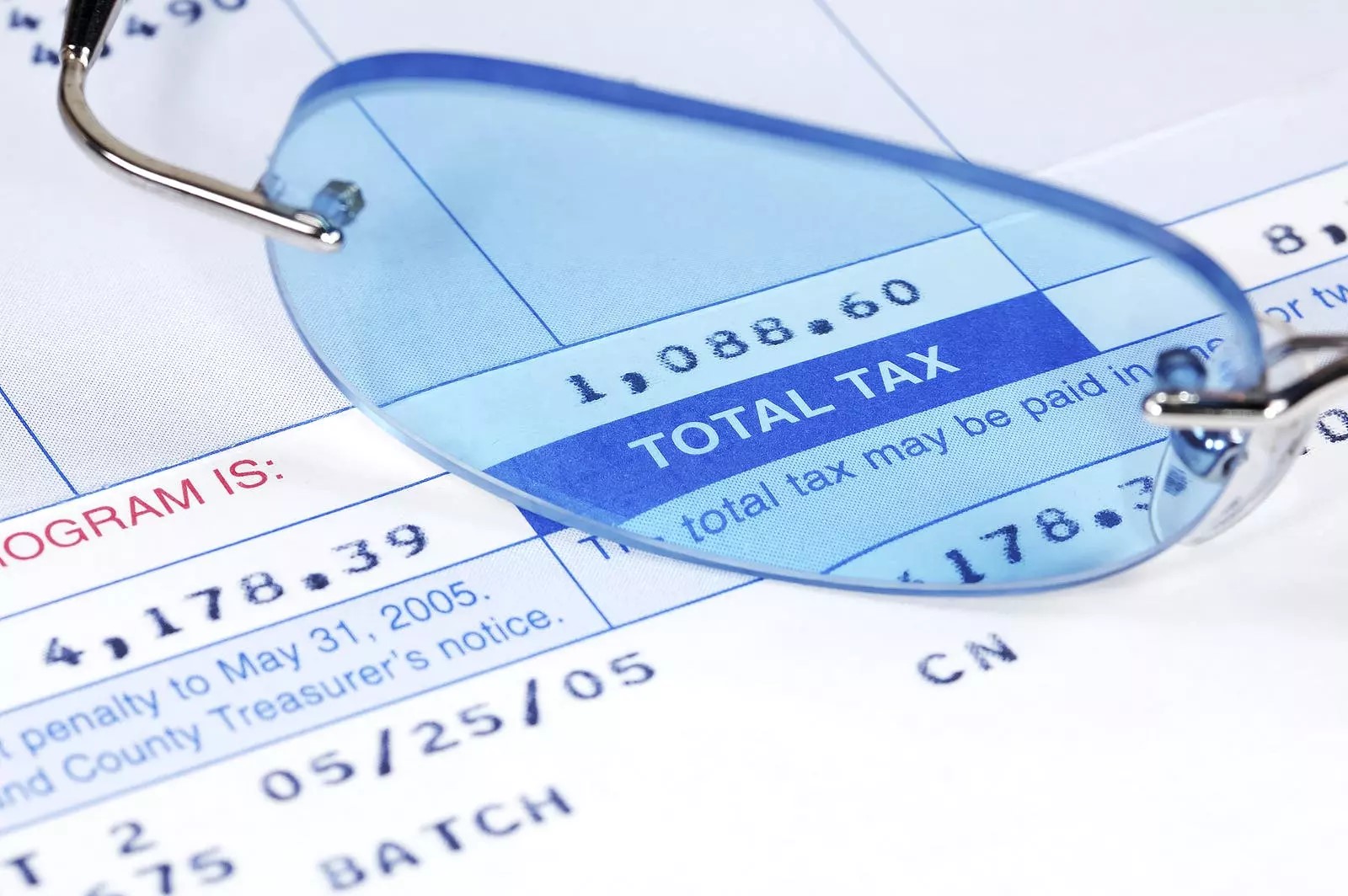




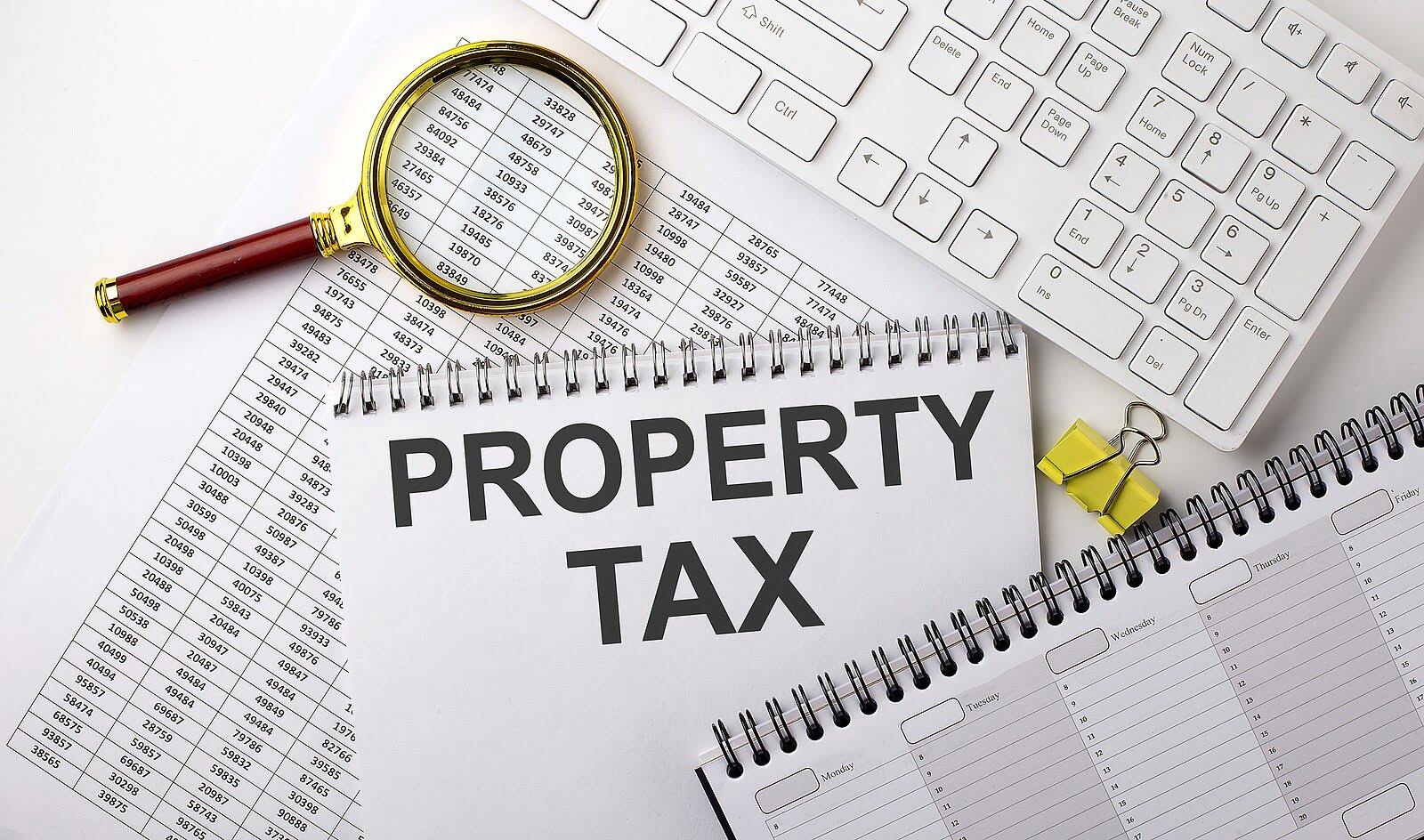

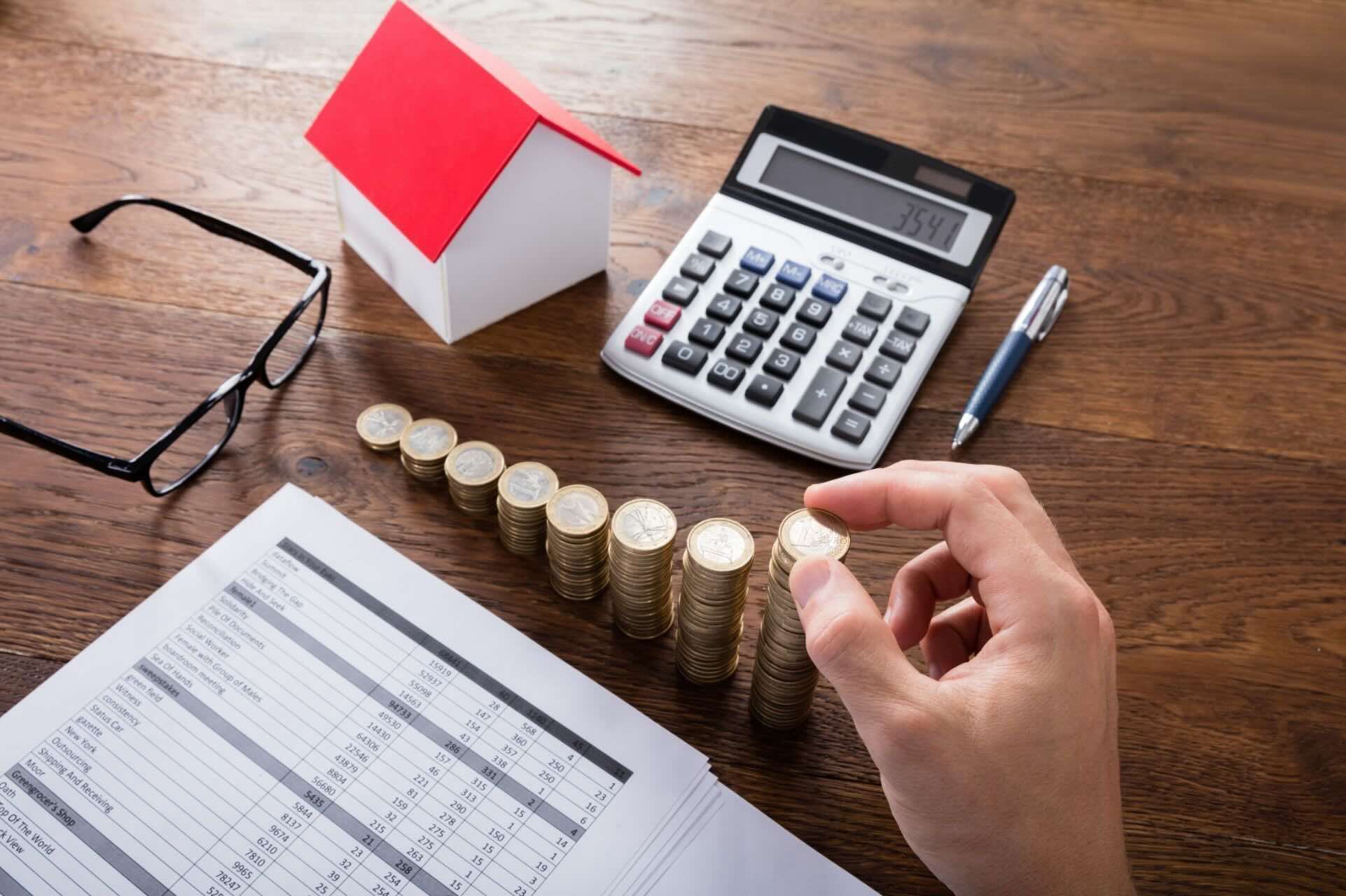


0 thoughts on “How To Calculate Property Tax On New Construction”